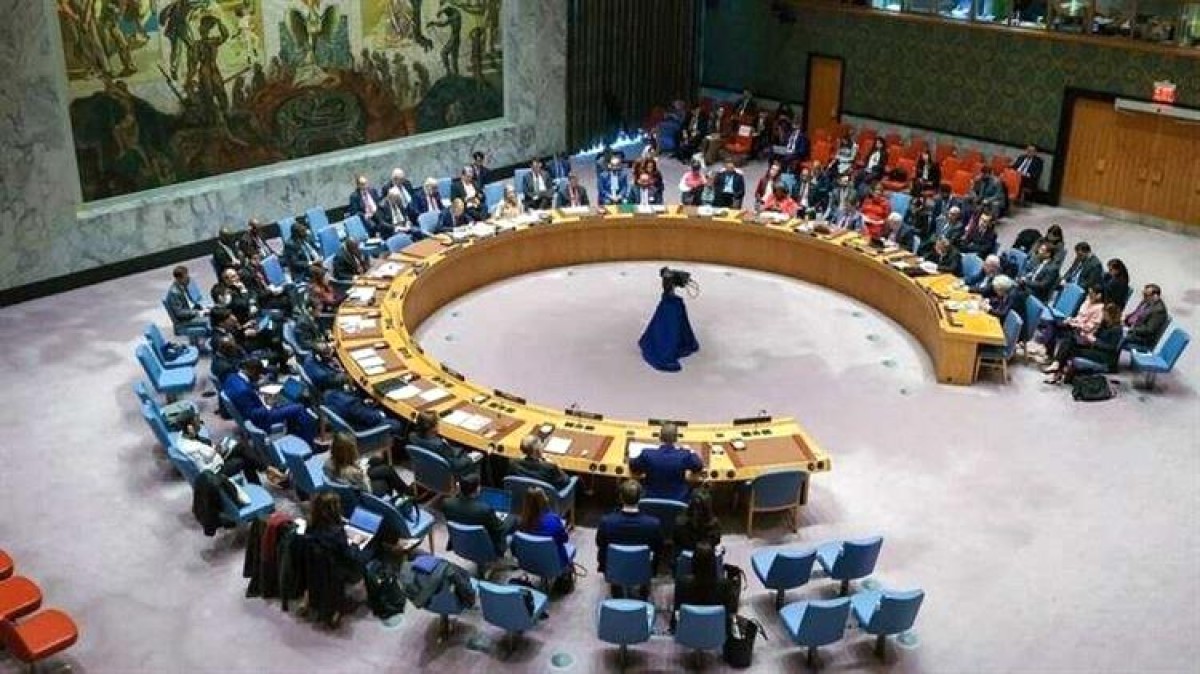Security Council: The Houthi militias bear responsibility for the economic and humanitarian deterioration in Yemen


The report of the UN Security Council Group of Experts on Yemen held the terrorist Houthi militias supported by the Iranian regime responsible for the deterioration of the economic and humanitarian conditions and the obstruction of efforts to achieve peace and end the war in Yemen.
The latest report of the UN Security Council Group of Experts on Yemen revealed the extent of the tampering and crimes committed by the Houthi militias in areas under their control and the escalating Iranian military support during the last period.
According to the report, which covers the period from September 1, 2023 to July 31, 2024, the regular threats and attacks launched by the Houthis on ships sailing through the Red Sea, since mid-November 2023, have caused the disruption of international trade and the Yemeni economy, and this has led to increased costs. Shipping, insurance, and delays in the arrival of goods to Yemen, which in turn translated into an increase in the prices of various commodities, especially basic commodities.
He pointed out that the continued ban imposed by the militias on the export of crude oil caused a loss in revenues of 43 percent, which led to a decline in the value of the Yemeni riyal and a sharp rise in inflation rates and affected the government’s ability to provide the people with basic services such as paying salaries and providing electricity and water. And education.
The report stated that the Houthi militias’ tampering with the Yemeni economy affected government institutions that exploited it to finance their military purposes and activities. It indicated that the militias adopted many illegal measures to create large resources for their military purposes and took advantage of their control over the communications sector and schools in their areas of control to request money from Citizens in order to strengthen their air power through drones and coastal defense.
The report touched on Houthi external financial operations, and noted that an investigation conducted by the team revealed that the Houthis use various networks of individuals and entities operating in multiple jurisdictions, including Iran, Turkey, Djibouti, Iraq, and Yemen, to finance their activities through the use of numerous banks and shell companies. And exchange and shipping companies and financial facilitators, pointing out the involvement of prominent Houthi leaders and entities in facilitating financial support for the Houthis and providing their needs of foreign currency to purchase imports.
The report presented pictures of suspicious militia activities in the port of Hodeidah and methods of avoiding inspections carried out by the United Nations mechanism through transfer between ships or turning off the automated system for identifying ships to limit detection of the ports they visit and the routes they take.
The report confirmed that the port was a center for organized smuggling of illicit materials such as weapons, pillows, communications equipment, pesticides, prohibited drugs, and antiquities... explaining that militia attacks on main transportation lines led to further obstruction of humanitarian aid access to Yemen.
He pointed to the impact of violations, arbitrary detentions, and forced disappearances carried out by militias against humanitarian workers in areas under their control, which led humanitarian service providers to avoid areas under militia control due to safety concerns.